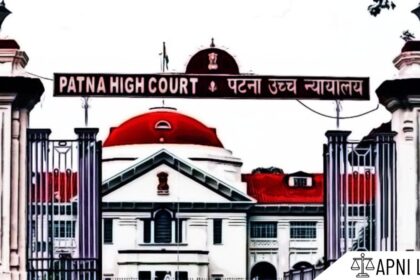In today’s digital era, hacking can either protect or harm. Section 43 of the Information Technology Act (IT act), 2000, draws a clear line between ethical and unethical hacking. While ethical hackers help improve security, unethical hackers exploit systems for personal gain. Understanding this difference is vital for businesses, individuals, and cybersecurity professionals.
When Hacking Is Ethical?
Ethical hacking is legal and authorized. Organizations often hire cybersecurity experts to test and strengthen their systems.
Examples of Ethical Hacking:
Penetration testing by permission
Security audits under contracts
White-hat bug bounty programs
If it’s done with the system owner’s consent, it’s ethical.
What Is Section 43 of the IT Act?
Section 43 penalizes anyone who accesses a computer, system, or network without authorization. If found guilty, the offender must pay compensation to the affected person. Violations under Section 43 can lead to hefty penalties.
What Are The Offenses Covered Under Section 43?
Any person who does the following without permission is liable:
Accesses or secures access to a computer or network.
Downloads, copies, or extracts any data or database.
Introduces a virus or malicious code.
Damages or alters data or systems.
Disrupts normal operations of a system or network.
Denies access to authorized users.
Helps someone gain unauthorized access.
Manipulates services to charge them to another person’s account.
Destroys or alters source code to cause damage.
What Are The Important Definitions Under Section 43 Of IT Act?
1. Computer Contaminant: A program that alters or damages data.
2. Computer Database: Organized data in text, image, audio, or video format.
3. Computer Virus: Malicious code affecting system performance.
4. Damage: Any change that affects the integrity of a system.
5. Computer Source Code: Program design, structure, and commands.
What Is Section 43A Of The IT Act?
If a company mishandles sensitive personal data due to weak security, it must compensate for any resulting loss or gain. This provision applies to businesses controlling or processing personal data.
How to File a Claim Under Section 43 Of The IT Act?
Identify the Offense: Confirm the cyber activity violates Section 43.
Collect Evidence: Secure system logs, emails, reports, and communications.
File a Complaint: Approach the Adjudicating Officer under Section 46.
Present Your Case: Explain the damage and show evidence.
Compensation Decision: The officer will determine the amount.
Appeal if Needed: You can appeal to the Cyber Appellate Tribunal or High Court.
What Are The Evidence Needed To File A Complaint Under Section 43 Of IT Act?
System logs and network traffic data.
Emails and internal communications.
Forensic reports and security alerts.
Financial loss documentation.
Expert testimony and witness statements. Maintain proper chain of custody for digital evidence. Keep detailed records of the breach and responses.
How Section 43 of the IT Act Applies: Reliance Jio Data Leak Case
The Reliance Jio data leak case became a major cybercrime incident in India. It exposed the personal data of millions of Jio users. This breach raised serious concerns about digital privacy and data protection. The case also highlighted the importance of Section 43 of the Information Technology Act, 2000.
In July 2017, a website called “Magicapk.com” was found displaying personal details of Jio users. The leaked data included: Full names, Mobile numbers, Email addresses, Circle ID and SIM activation date.
Users found their data online after searching their mobile numbers on the website. The website would instantly show personal details, raising concerns over a massive data breach.Reliance Jio quickly filed a police complaint. The website was later blocked.
Reliance Jio invoked Section 43 of the IT Act, which penalizes unauthorized access and data theft.
A 35-year-old man from Rajasthan was arrested. He was allegedly behind the website that leaked Jio user data. Authorities charged him under Section 43 and 66 of the IT Act
Digital forensic experts assisted in the investigation. They traced the server and confirmed unauthorized access.
Conclusion
Section 43 of the IT Act offers strong protection against cyber intrusions. Victims can claim compensation for unauthorized access, data theft, or system damage. By understanding the legal process and gathering strong evidence, affected individuals and organizations can secure justice and recover losses.











